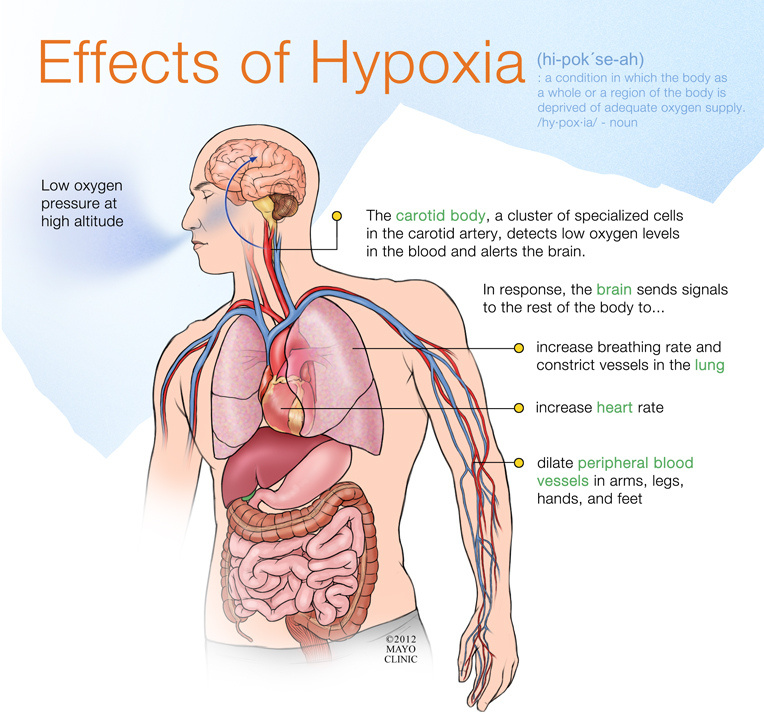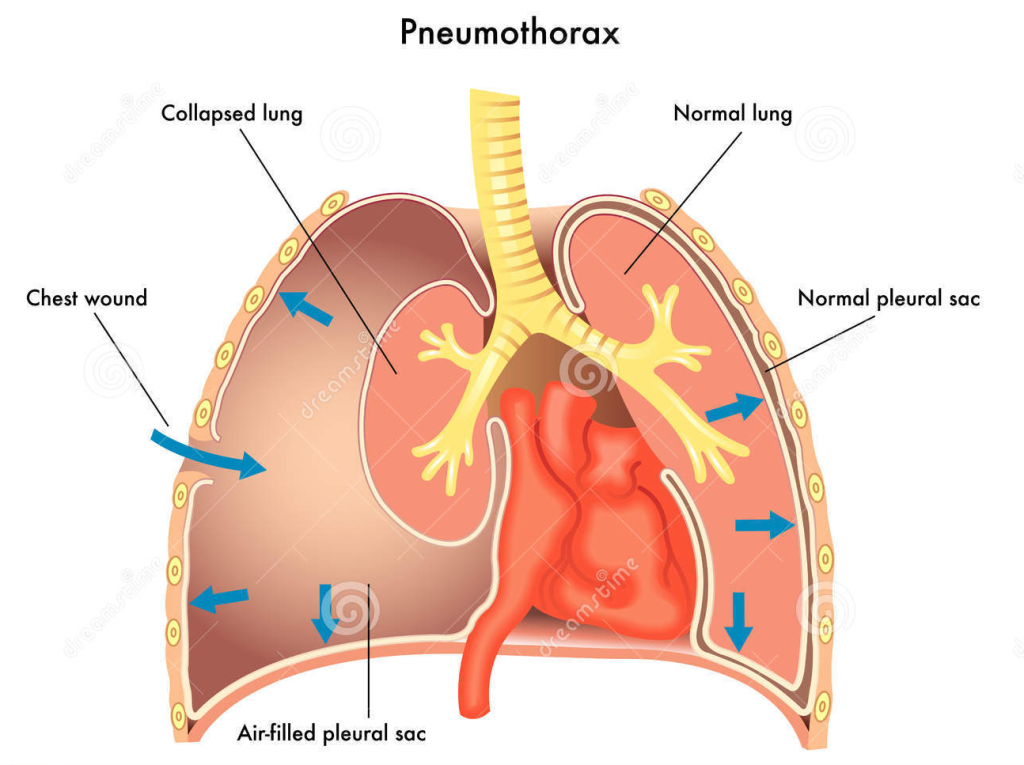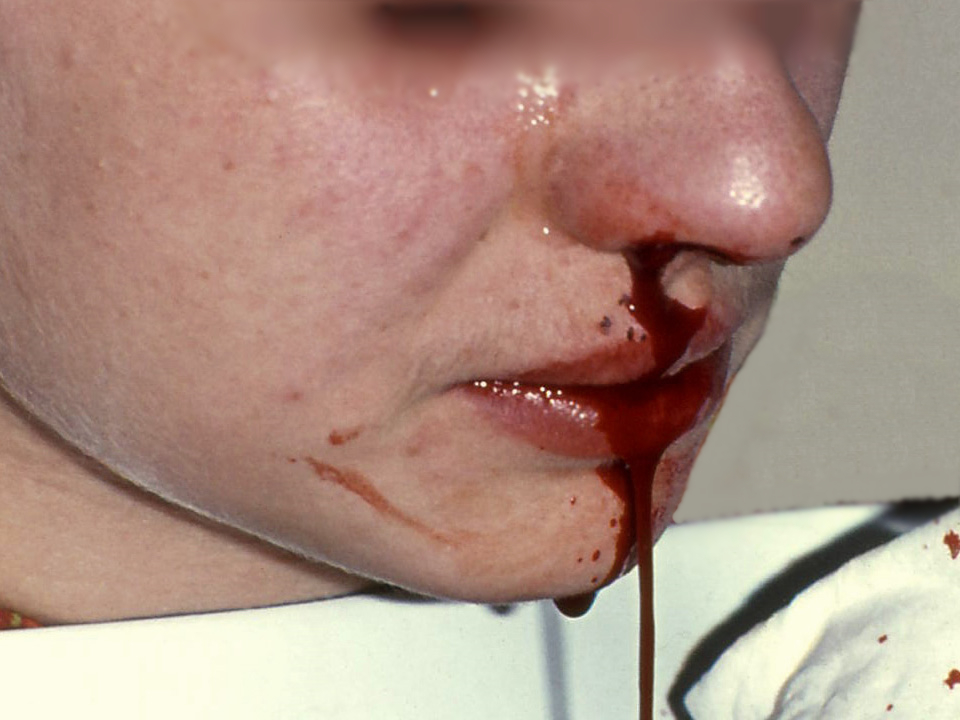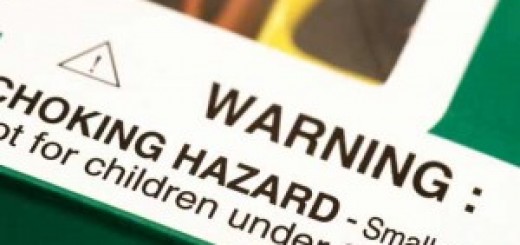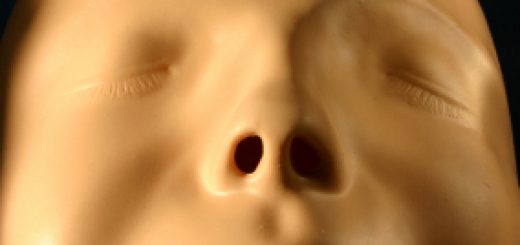What is Hypoxia? A First Aid Guide
Hypoxia occurs when there is a lack of oxygen in the blood.
Hypoxia is important as the brain requires a constant supply of oxygen to function normally. If a lack of oxygen exists for longer than 3 – 4 minutes irreversible brain damage may occur.
Hypoxia is an emergency situation that is potentially fatal. If you have symptoms of hypoxia, call 911.
What are the signs and symptoms of hypoxia?
Hypoxia may be caused by various factors and Symptoms of hypoxia differ. During an oxygen shortage the patient may have trouble concentrating or breathing. Serious hypoxia can also result in a number of other symptoms, such as:
- Grey-blue skin (cyanosis)
- Alternately, if oxygen has been displaced by carbon monoxide the skin may actually appear cherry red rather than grey-blue.
- Distressed breathing or gasping
- Difficulty speaking
- Rapid breathing rate
- Increased pulse rate
- Headache
- Nausea and potentially vomiting
- Anxiety
- Restlessness
What are the causes of Hypoxia?
Hypoxia may be caused by:
- A lack of atmospheric oxygen
- Obstruction of the airway
- Chest or lung trauma
- Conditions affecting the respiratory system
- An inability to use oxygen
Lack of atmospheric oxygen
There may be no oxygen available in the air. It may have been replaced by a poisonous gas (e.g., carbon monoxide or smoke inhalation). Alternatively, oxygen may be present but at the wrong pressure (e.g., high altitudes). Bottom line, there is not enough oxygen available for the body to pass on to red blood cells.
Obstruction of the airway
This can be due to:
External pressures: for example, strangling, hanging, smothering, or drowning.
The tongue: This may fall back and block the airway in a casualty who is unconscious, as they have no control over their airway.
Foreign body: Choking on a foreign body such as food can quickly cause hypoxia. Vomit may also obstruct the airway.
Blood: Bleeding from a facial injury can obstruct the airway
Anaphylaxis: swelling from an allergic attack may obstruct the airway.
Chest or lung damage
This can be due to:
External pressure: External pressure on the chest wall will impair breathing and cause hypoxia.
Penetrating wounds of the chest wall: In this situation air may enter the pleural cavity, resulting in collapse of the lung (a pneumothorax). Air may be drawn into the pleural cavity on inspiration, but not released on expiration. The longer this wound persists the more air is drawn into the pleural cavity and the larger the pneumothorax.
Blast injury: An explosion can cause many small bleeds (hemorrhages) in the lungs.
Conditions affecting the respiratory system
Electrocution: Electricity passing through the body may cause breathing to stop suddenly.
Head and spinal injuries: If the spinal cord is damaged in the neck, the nerves supplying the diaphragm and intercostal muscles may be affected.
Poisons and drugs: These can have a depressant effect on the respiratory centre in the brain and slow down the respiratory rate
Inability to use oxygen
Even if the respiratory system is working adequately and oxygen is available for use by the body, it may be unable to use the oxygen. For example, in cyanide poisoning, the cyanide prevents the tissues from taking up the oxygen supplied by the blood stream.
Hypoxia First Aid
You will first need to identify and remove the patient from the cause of hypoxia. If the cause is anaphylactic shock, or the result of poisoning or drug intake, these remedies may also involve the use of a lifesaving injection such as an EpiPen or Narcan, followed by CPR.
Maintain a close watch on the patient’s state of consciousness using AVPU (Awake, Verbal, Pain, Unresponsive).
Next, maintain the patient’s airway. A patient who is unconscious should be moved into the recovery position.
If you have access to one, you should place a pulse oximeter on the patient’s index finger. This is the most non-invasive way to measure the blood oxygen level. If the reading is below 94%, oxygen therapy should be administered using a non-rebreathing mask at the rate of 15 liters per minute. Continue to monitor stats for improvement.
How Long Can a Person Survive Oxygen Deprivation?
The average person will lose consciousness after 3 minutes without oxygen. After five minutes, permanent brain damage becomes very likely. After 10 minutes, brain death occurs.
Some deep sea divers, dedicated meditation practitioners, and world-class athletes can go for longer than average without oxygen. On the contrary, those in poor health may die much sooner.

